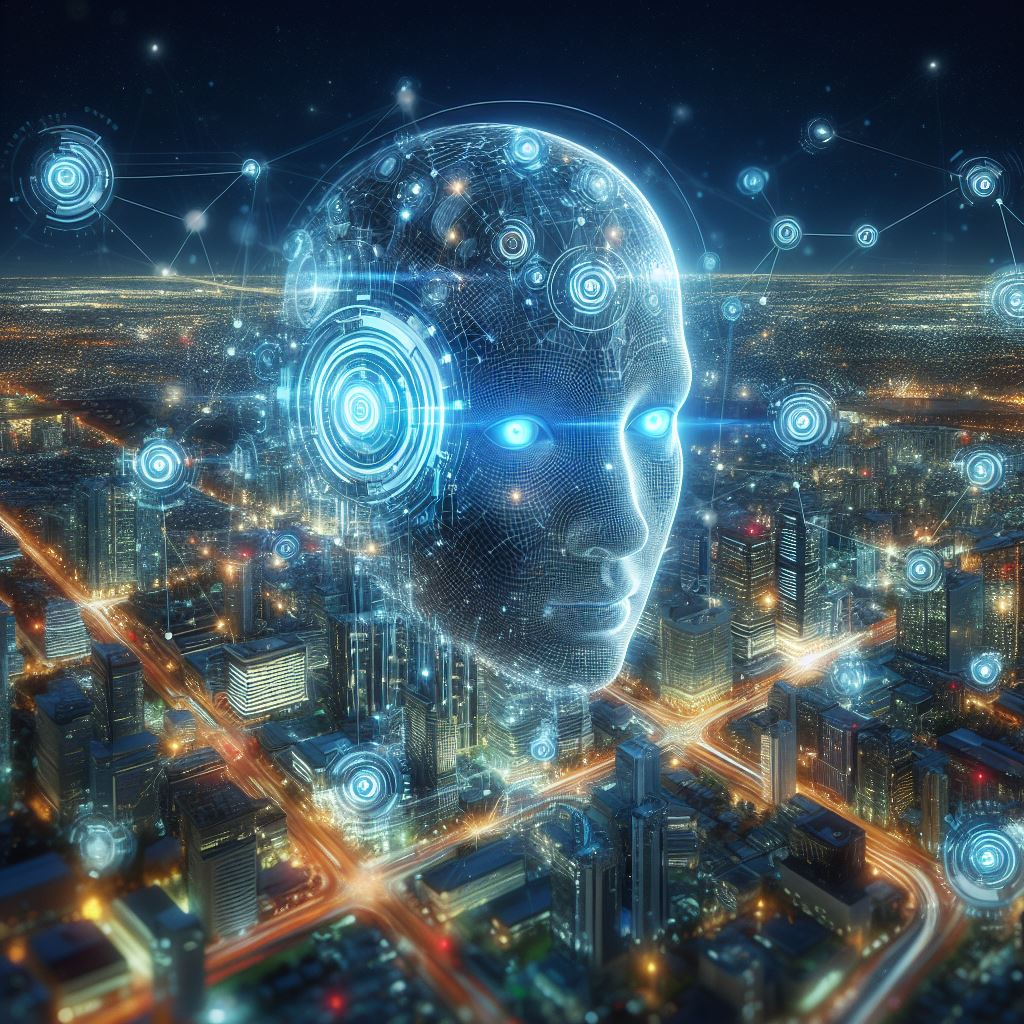Introduction
Artificial Intelligence (AI) is evolving at an unprecedented pace, shaping the future of technology, industry, and society. As AI becomes more sophisticated, it holds the potential to revolutionize how we work, live, and interact with the world. In this article, we’ll explore the transformative impact of AI and what the future holds for this groundbreaking technology.
AI’s Role in Modern Society
AI has already made significant inroads into various sectors, from healthcare to finance, and from transportation to entertainment. Machine learning algorithms power recommendation systems, facial recognition software, autonomous vehicles, and more. As AI continues to develop, we can expect even greater integration into our daily lives.
Key Trends Shaping AI’s Future
- Advanced Machine Learning: With deep learning and neural networks, AI systems can process vast amounts of data and make complex decisions. This advancement opens up new possibilities for AI applications in areas like medical diagnostics, climate modeling, and language translation.
- AI Ethics and Regulations: As AI technology becomes more pervasive, ethical considerations and regulations are gaining prominence. Ensuring AI is used responsibly, fairly, and without bias is critical for its continued growth and acceptance.
- AI in the Workplace: AI is transforming the workplace by automating repetitive tasks and augmenting human capabilities. The future of AI in the workplace will likely involve a combination of automation and human-AI collaboration, leading to increased productivity and new job opportunities.
- AI and Healthcare: AI’s potential in healthcare is immense. It can assist in diagnosing diseases, predicting patient outcomes, and personalizing treatment plans. As AI algorithms become more accurate, they will play a crucial role in improving patient care and reducing healthcare costs.
- AI and Cybersecurity: AI is a powerful tool for enhancing cybersecurity. It can detect anomalies, identify threats, and respond to attacks in real-time. As cyber threats evolve, AI’s role in protecting digital assets will become increasingly important.
Challenges and Opportunities
While AI presents numerous opportunities, it also poses challenges. Concerns about data privacy, job displacement, and the misuse of AI technology must be addressed. Additionally, there is a need for greater transparency and accountability in AI decision-making processes.
Despite these challenges, the future of AI is bright. As researchers and engineers continue to innovate, AI will drive progress in various fields and unlock new possibilities. The key to a successful AI future lies in striking a balance between innovation and ethical considerations.
Conclusion
The future of AI is both exciting and complex. As AI continues to evolve, it will reshape industries, redefine the workplace, and transform society. By addressing ethical concerns and embracing responsible AI development, we can harness the full potential of this technology to create a better, more connected world.
Stay tuned for more updates on AI and its impact on society, as the journey toward an AI-powered future is just beginning.




